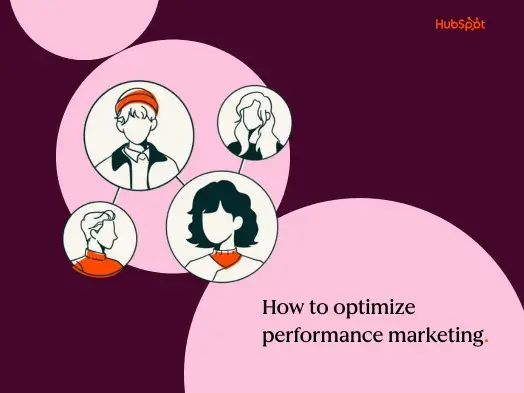
Still, it’s hard to pin the slowdown directly on AI, but its impact is clear: coding jobs are shrinking while demand grows for engineers focused on advanced tech and AI innovation, according to Shrivastava. Fading confidence is slowing the labor market: fewer workers are switching jobs, wage growth is weaker, and the post-pandemic boost in worker power has mostly disappeared, according to Shrivastava.
“For most other industries, however, AI has yet to make a significant impact. Fears of replacement are real, but the quits rate was already falling before ChatGPT’s release, and job growth has been weak across most sectors outside healthcare,” Shrivastava said. “In short, even if workers wanted to move, there are fewer opportunities to move to.”
Chris Graham, executive vice president of Workforce and Community Education at National University in San Diego, agreed that AI isn’t eliminating most jobs—”it’s transforming them. While some roles may disappear, many will evolve or emerge. Success depends on how AI is implemented and how well workers adapt through upskilling and continuous learning, he said.











